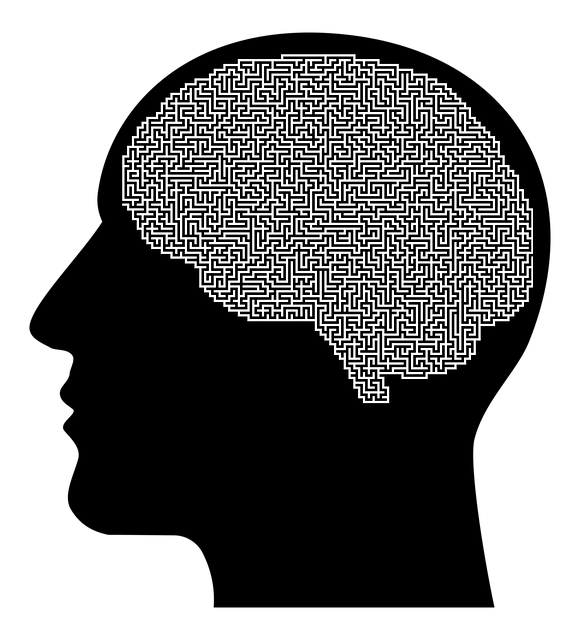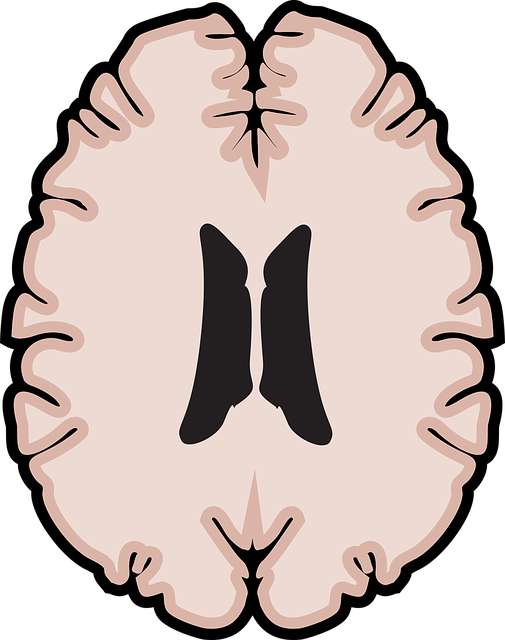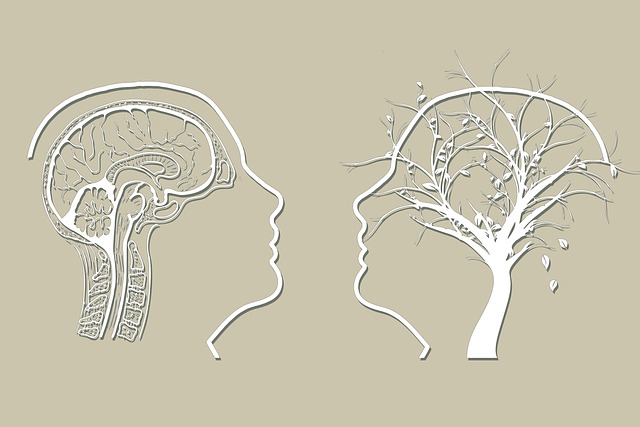Lafayette Major Life Transitions Therapy offers a comprehensive approach to navigating life's pivotal moments, combining cognitive-behavioral techniques, mindfulness meditation, and personalized support. This integrated strategy empowers individuals to recognize and manage emotional shifts during transitions like retirement or career changes, fostering mental wellness and resilience through thought pattern challenges, empathy-building, and healthy habits. By destigmatizing mental health issues related to life changes, Lafayette Major Life Transitions Therapy promotes a balanced perspective, emotional control, and smoother navigation of major life transitions, ultimately enhancing overall well-being.
Mood regulation strategies are essential for navigating life’s challenges and achieving emotional balance. This comprehensive guide explores various techniques designed to help individuals manage their moods effectively. From understanding the fundamentals of emotional balance to adopting holistic approaches like Lafayette Major Life Transitions Therapy, cognitive techniques, mindfulness practices, and lifestyle adjustments, each section offers practical insights for cultivating emotional resilience. Discover how these strategies can empower you to thrive amidst life’s transitions.
- Understanding Mood Regulation: Unraveling Emotional Balance
- Lafayette Major Life Transitions Therapy: A Holistic Approach
- Cognitive Techniques for Emotionally Resilient Living
- The Power of Mindfulness and Meditation in Mood Management
- Lifestyle Adjustments: Nutrition, Exercise, and Sleep for Emotional Well-being
Understanding Mood Regulation: Unraveling Emotional Balance

Understanding Mood Regulation is a vital step towards achieving and maintaining emotional balance, especially during challenging Lafayette Major Life Transitions. Therapy plays a pivotal role in this process, offering strategies to navigate and manage mood shifts effectively. The goal is to empower individuals with tools to recognize and respond to their emotions, fostering mental wellness and enhancing overall resilience.
Through therapy, professionals can guide clients in developing personalized Risk Management Planning, tailored to their unique needs and experiences. This involves identifying triggers, learning emotional regulation techniques, and cultivating healthy coping mechanisms. By integrating these practices into daily life, individuals gain a deeper understanding of their emotional landscape, enabling them to navigate life’s transitions with greater poise and adaptability, ultimately improving their overall mental health and well-being.
Lafayette Major Life Transitions Therapy: A Holistic Approach

Lafayette Major Life Transitions Therapy offers a holistic approach to managing moods and emotions during significant life changes. This therapeutic method recognizes that major transitions, such as retirement, career shifts, or personal milestones, can significantly impact mental wellness. By addressing the unique challenges these transitions present, therapists facilitate clients’ ability to navigate through life’s twists and turns with resilience and adaptability.
The therapy integrates various techniques, including cognitive-behavioral strategies, mindfulness meditation, and emotional support tailored to each individual’s needs. Through public awareness campaigns and ongoing education, Lafayette Major Life Transitions Therapy aims to destigmatize mental health issues associated with life transitions, encouraging folks to prioritize their psychological well-being. This inclusive approach empowers individuals to embrace change, fostering a deeper sense of balance and contentment.
Cognitive Techniques for Emotionally Resilient Living

Cognitive techniques play a pivotal role in emotionally resilient living, as endorsed by Lafayette Major Life Transitions Therapy. These strategies focus on challenging and altering negative thought patterns that can trigger intense emotions. By identifying distorted thinking, individuals can gain a more balanced perspective, leading to improved emotional regulation. For instance, cognitive reframing involves recognizing and changing unhelpful thoughts, such as “I’m a failure” to “I made a mistake, but I can learn from it.”
Empathy building strategies are also integral to this process, fostering mental wellness and enhancing emotional healing processes. Recognizing and understanding one’s emotions, as well as those of others, cultivates a deeper sense of connection and resilience. This cognitive shift empowers individuals to navigate life transitions more smoothly, promoting overall mental health and well-being.
The Power of Mindfulness and Meditation in Mood Management

Mindfulness and meditation have emerged as powerful tools in mood regulation, offering individuals a way to navigate life’s challenges with greater equanimity. By focusing on the present moment and cultivating non-judgmental awareness, people can learn to observe their thoughts and emotions without reacting impulsively. This practice is particularly beneficial during major life transitions, where stress and anxiety can run high, as it helps individuals develop resilience and build empathy for themselves and others.
Lafayette Major Life Transitions Therapy often incorporates mindfulness techniques to empower clients with effective coping strategies. Through regular meditation practices, individuals can enhance their ability to stay grounded, improve emotional intelligence, and foster a deeper sense of self-awareness. Public awareness campaigns focused on mental health development emphasize the importance of these practices in promoting resilience and overall well-being.
Lifestyle Adjustments: Nutrition, Exercise, and Sleep for Emotional Well-being

Maintaining a healthy lifestyle is an essential aspect of emotional well-being, especially during major life transitions. Nutrition plays a pivotal role in mood regulation; incorporating nutrient-rich foods can positively impact serotonin levels and overall mental health. A balanced diet, rich in omega-3 fatty acids, vitamins B and D, and tryptophan, supports the brain’s production of neurotransmitters that influence mood.
Regular exercise is another powerful tool for managing emotions. Physical activity stimulates the release of endorphins, often referred to as ‘feel-good’ hormones, which can reduce stress and anxiety while enhancing one’s overall sense of calm. Additionally, consistent sleep patterns are crucial; Lafayette Major Life Transitions Therapy emphasizes the importance of rest in emotional resilience building. Adequate sleep allows for better stress management and supports the development of inner strength, making it a vital component of empathy-building strategies within therapy sessions.
In conclusion, maintaining emotional balance is a multifaceted endeavor. From understanding mood regulation basics to exploring techniques like Lafayette Major Life Transitions Therapy, cognitive techniques, mindfulness, and lifestyle adjustments, individuals have a wide array of tools at their disposal. By integrating these strategies into daily life, one can foster emotional resilience and overall well-being. Remember that finding the right combination of approaches is key to navigating life’s challenges with greater equanimity.














